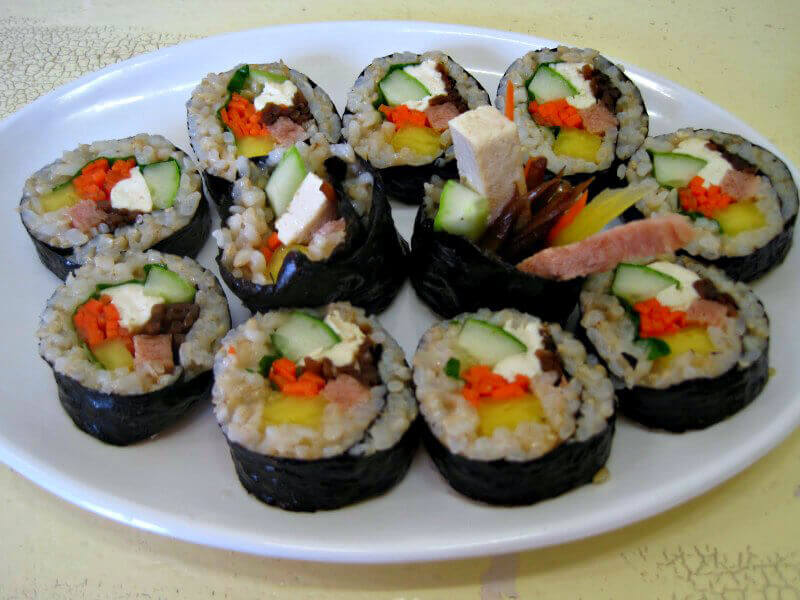Delicious Vegetarian Korean Food: Exploring Flavorful Plant-Based Options
Embracing Plant-Based Ingredients in Korean Cooking
Korean cuisine is deeply rooted in seasonal and locally sourced ingredients, making it inherently adaptable to vegetarian diets. From fresh vegetables and tofu to mushrooms and seaweed, Korean cooking celebrates the natural flavors and textures of plant-based foods. By incorporating a variety of herbs, spices, and condiments, vegetarian dishes in Korean cuisine are bursting with complexity and depth.
Tofu Dishes
Tofu, or dubu in Korean, is a versatile ingredient commonly used in vegetarian Korean cooking. Whether boxs.kr, grilled, or simmered in a flavorful broth, tofu absorbs the essence of the ingredients it’s cooked with, making it a favorite among vegetarians. Tofu can be found in dishes like dubu kimchi (tofu with spicy fermented cabbage), dubu jorim (braised tofu), and sundubu jjigae (soft tofu stew).
Vegetable Pancakes (Jeon)
Vegetable pancakes, or jeon, are a popular snack or appetizer in Korean cuisine, perfect for vegetarians looking for a crispy and savory treat. Made with a batter of flour, eggs, and water mixed with various vegetables like zucchini, scallions, and carrots, jeon are pan-fried to golden perfection. Enjoyed with a dipping sauce made from soy sauce, vinegar, and sesame oil, vegetable pancakes are a delightful addition to any Korean meal.
Bibimbap Variations
Bibimbap, a beloved Korean rice dish topped with an assortment of vegetables, is easily customizable to suit vegetarian preferences. Skip the meat and add extra mushrooms, tofu, or seasoned vegetables for a satisfying and nutritious meal. Drizzle with spicy gochujang sauce and mix it all together for a flavor-packed dining experience that’s as colorful as it is delicious.
Exploring Vegetarian Korean Restaurants
While Korean cuisine is known for its meat-centric dishes, many restaurants in Korea and abroad offer dedicated vegetarian menus or options to cater to plant-based diets. In cities like Seoul and Busan, you’ll find vegetarian restaurants specializing in traditional Korean temple cuisine, which emphasizes simplicity, balance, and the use of seasonal ingredients.
DIY Korean Cooking at Home
For those looking to recreate vegetarian Korean dishes at home, there are plenty of resources available online, including cookbooks, blogs, and cooking channels dedicated to vegetarian Korean cuisine. Experiment with different recipes and ingredients to discover your favorite flavors and techniques, and don’t be afraid to put your own twist on traditional dishes.
Conclusion: Celebrating the Diversity of Vegetarian Korean Food
Vegetarian Korean food offers a delicious and nutritious alternative to traditional meat-based dishes, showcasing the versatility and creativity of Korean cooking. From tofu stir-fries to vegetable bibimbap, there’s no shortage of flavorful options for vegetarians to explore. Whether dining out at a Korean restaurant or whipping up homemade dishes in the kitchen, embracing vegetarian Korean food is a flavorful journey worth taking.








